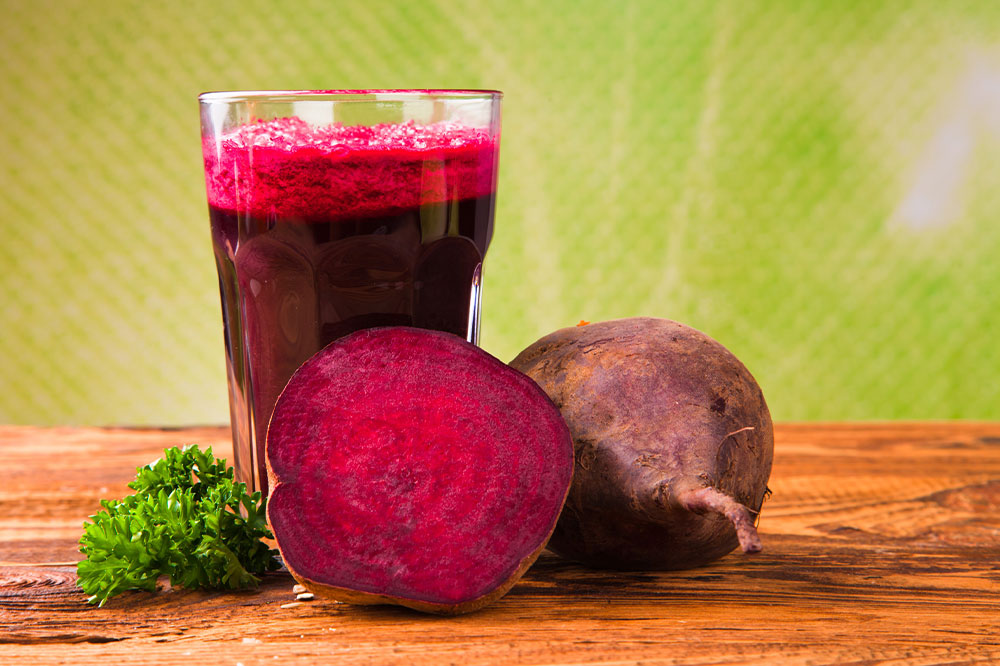5 healthy foods that improve lung function

The lungs are one of the most vital organs which support respiratory and cardiovascular functions. Gas exchange, or the process of inhaling and exhaling air, is integral to life as it helps the body receive the oxygen required for various life functions and filter out carbon dioxide. Oxygen is essential for survival; therefore, one must follow healthy nutritional habits that impact lung function. Read further to learn about healthy foods that boost lung function.
Beetroot
Bright-colored vegetables have always ranked at the top of the foods deemed beneficial for the lungs. Beetroot boasts excellent anti-inflammatory and antioxidant properties that counter inflammation and prevent oxidative stress from harming lung cells. Beetroot is also packed with nitrates, and when one eats it, the body converts these nitrates into nitric oxide, which has various benefits. It helps relax the blood vessels, enables better oxygen flow, and keeps the blood pressure in check.
Assorted berries
Berries are the richest sources of antioxidants, especially anthocyanins. Anthocyanins control inflammation in the lungs and prevent mucus from blocking the air sacs to boost respiratory function. Blueberries, blackberries, and strawberries are all rich sources of anthocyanins, among other antioxidants, which boost lung health.
Fatty fish
Salmon is one of the most favored fatty fish that is easy to digest, low in carbs, and high in nutrients that boost lung health. Salmon contains omega-3 fatty acids that actively prevent inflammation. It also contains vitamin D, an essential compound that actively helps enhance respiratory muscle strength to boost breathing. Including a few ounces of cooked salmon in the meal plan can also prevent flare-ups linked to chronic respiratory disorders.
Citrus fruits
Citrus fruits like tomatoes contain carotenoids, especially lycopene, which has been proven to boost lung health. Carotenoids help prevent inflammation of the airways and improve breathing. It is a superfood suggested for managing many chronic respiratory disorders mainly due to its potent anti-inflammatory properties, and immunity-boosting vitamin C. Tomatoes can be eaten raw in a salad, pureed, or juiced. One can even include other citrus fruits like oranges to boost the vitamin C intake. Oranges are also a rich source of calcium to help replenish lost nutrition due to chronic obstructive pulmonary disease (COPD). Besides, they are packed with lung-friendly antioxidants.
Cruciferous vegetables
Swiss chard, spinach, and kale are rich sources of carotenoids and vitamins A, C, and E, all of which are essential nutrients for lung health. Antioxidants lower the risk of oxidative stress on lung tissue, while essential carotenoids and phytochemicals prevent inflammation of the airways. Regular intake of leafy greens also helps lower the risk of lung cancer. In addition, leafy greens are an organic source of nitrates that can be converted into nitric oxide to boost the better circulation of freshly oxygenated blood.
Broccoli is rich in sulforaphane, a compound that increases the expression of a specific gene to better protect the lungs from environmental toxins and pollution. In addition, Brussels sprouts, rich in vitamin C, help boost immunity to safeguard the lungs from infections.


